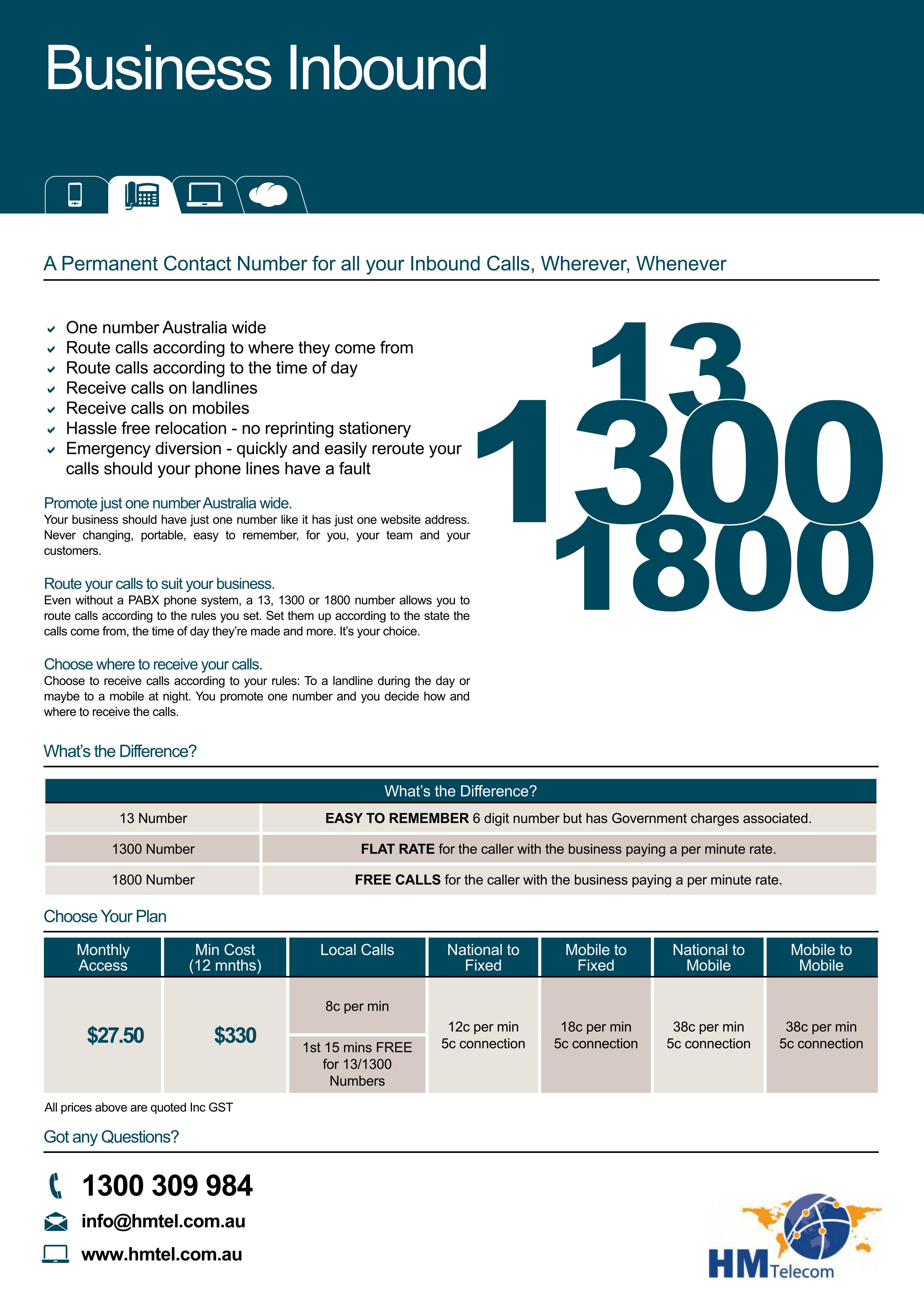Have you ever stumbled upon a weird 1800 number and wondered what it could mean? These mysterious digits are more than just random sequences—they’re gateways to fascinating stories, hidden meanings, and even scams waiting to catch you off guard. Whether you’re trying to decode a promotional offer, avoid telemarketing traps, or simply satisfy your curiosity, this article dives deep into the world of weird 1800 numbers.
Weird 1800 numbers have been around for decades, but their significance has evolved over time. Back in the day, these toll-free numbers were mainly used by businesses to make customer service accessible. However, with the rise of technology and the internet, these numbers have taken on new roles—some legitimate, some not so much. Let’s explore why they matter and how they impact our daily lives.
In this article, we’ll break down everything you need to know about weird 1800 numbers. From understanding their origins to spotting red flags, we’ve got you covered. So, buckle up and get ready to uncover the secrets behind those mysterious digits!
Read also:Is Pinesol Toxic Understanding Its Safety And Health Implications
Table of Contents:
- What Are Weird 1800 Numbers?
- The History of 1800 Numbers
- Types of Weird 1800 Numbers
- How to Identify Scams
- Legitimate Uses of Weird 1800 Numbers
- Common Mistakes People Make
- Tips for Staying Safe
- Data and Statistics on Weird 1800 Numbers
- Real-Life Examples
- Conclusion: What’s Next?
What Are Weird 1800 Numbers?
Weird 1800 numbers refer to toll-free numbers that don’t follow the usual pattern or purpose. They might pop up in unexpected places, like spam emails, social media ads, or even on billboards. Some of these numbers are legitimate tools for businesses, while others are traps designed to scam unsuspecting victims. The key lies in understanding their context and purpose.
Think about it—have you ever received a call from an unknown 1800 number? Or seen one advertised with promises of free prizes or exclusive deals? Chances are, you’ve encountered a weird 1800 number at some point. But what makes them weird, and why should you care?
Why Do Weird 1800 Numbers Exist?
These numbers exist because they’re versatile and cost-effective. Businesses love them because they allow customers to call without incurring charges. Scammers, on the other hand, use them to mask their identities and lure victims into traps. It’s a double-edged sword that requires careful navigation.
The History of 1800 Numbers
To truly understand weird 1800 numbers, we need to look back at their origins. The first toll-free number was introduced in the United States in 1966, revolutionizing how businesses interacted with customers. At the time, these numbers were a symbol of trust and convenience. Fast-forward to today, and the landscape has changed dramatically.
As technology advanced, so did the ways in which 1800 numbers were used. What started as a simple tool for customer service has morphed into a complex network of legitimate and illegitimate applications. This evolution is what makes weird 1800 numbers both intriguing and risky.
Read also:Kiarapeachlegit Unveiling The Truth Behind The Name
How Have 1800 Numbers Evolved Over Time?
In the early days, 1800 numbers were straightforward and easy to recognize. Today, however, they come in all shapes and sizes. From vanity numbers (e.g., 1-800-FLOWERS) to randomized sequences, the variety is endless. This diversity has made it harder for consumers to distinguish between trustworthy and suspicious numbers.
Types of Weird 1800 Numbers
Not all weird 1800 numbers are created equal. Some are harmless, while others can wreak havoc on your life. Let’s take a closer look at the different types you might encounter:
- Vanity Numbers: These are easy-to-remember numbers that spell out words or phrases. For example, 1-800-PIZZA. While most vanity numbers are legitimate, some scammers use them to create a false sense of trust.
- Randomized Numbers: These are the ones that catch you off guard. They often appear in spam emails or suspicious ads, promising everything from free vacations to lottery winnings.
- International Numbers: Some weird 1800 numbers are actually international, routing calls to foreign countries. Be cautious when dialing these, as they may incur unexpected charges.
What Makes a Number Weird?
A number becomes weird when it deviates from the norm. This could mean an unusual pattern, an unexpected source, or even a lack of context. For instance, receiving a call from an 1800 number you’ve never seen before could be a red flag. Always trust your instincts and verify the source before taking action.
How to Identify Scams
Scammers are masters of deception, but there are ways to spot their tricks. Here are a few signs to watch out for:
- Unsolicited Calls: If you receive a call from an unknown 1800 number, be cautious. Legitimate businesses rarely initiate contact without prior consent.
- Too Good to Be True Offers: Free vacations, cash prizes, or exclusive deals? Sounds tempting, but it’s often a scam. Always verify the legitimacy of such offers.
- Pressure Tactics: Scammers love to create a sense of urgency. If someone insists you act immediately, it’s a clear warning sign.
Remember, knowledge is power. The more you know about scams, the better equipped you’ll be to protect yourself.
Why Do Scammers Use Weird 1800 Numbers?
Scammers use weird 1800 numbers because they’re effective. These numbers provide anonymity, making it harder for authorities to track them down. Additionally, the toll-free nature of these calls gives scammers an edge—they know people are more likely to answer if there’s no charge involved.
Legitimate Uses of Weird 1800 Numbers
Not all weird 1800 numbers are bad news. Many businesses use them for legitimate purposes, such as customer support, sales, and marketing. For example, a company might use a vanity number to make it easier for customers to remember their contact information.
Here are a few examples of legitimate uses:
- Customer Service: Businesses often provide toll-free numbers for customer inquiries and support.
- Marketing Campaigns: Vanity numbers are frequently used in advertising to create a memorable brand experience.
- Emergency Services: Some organizations use 1800 numbers to provide emergency assistance, such as crisis hotlines or disaster response teams.
How Can You Tell if a Number is Legitimate?
Verifying the legitimacy of a weird 1800 number is crucial. Start by researching the company or organization associated with the number. Check their website, social media profiles, and customer reviews. If the information checks out, you’re likely dealing with a legitimate number.
Common Mistakes People Make
Even the most cautious individuals can fall victim to scams involving weird 1800 numbers. Here are some common mistakes to avoid:
- Answering Unknown Calls: Never answer calls from numbers you don’t recognize. Let them go to voicemail and verify the source before returning the call.
- Sharing Personal Information: Scammers often pose as legitimate entities to trick you into sharing sensitive data. Never give out personal information unless you’re absolutely sure of the recipient’s identity.
- Clicking on Links: If you receive a text or email with a link to an 1800 number, don’t click on it. Instead, manually search for the company’s official contact information.
Why Do People Fall for Scams?
Scammers exploit human emotions, such as fear, greed, and curiosity, to manipulate their victims. They know how to craft convincing stories and create a sense of urgency. By staying informed and vigilant, you can avoid falling into their traps.
Tips for Staying Safe
Protecting yourself from weird 1800 number scams requires a combination of awareness and action. Here are some practical tips to keep you safe:
- Use Caller ID: Enable caller ID on your phone to filter out unwanted calls.
- Register with Do Not Call Lists: Sign up for national do-not-call registries to reduce the number of telemarketing calls you receive.
- Verify Before Acting: Always verify the legitimacy of an 1800 number before taking any action.
What Should You Do if You Encounter a Scam?
If you suspect you’ve encountered a scam, report it immediately to the relevant authorities. In the United States, you can file a complaint with the Federal Trade Commission (FTC). Additionally, warn your friends and family to prevent them from falling victim to the same scam.
Data and Statistics on Weird 1800 Numbers
Numbers don’t lie, and the data surrounding weird 1800 numbers is eye-opening. According to a report by the FTC, scam calls have increased dramatically in recent years, with billions of robocalls made annually. These calls often involve weird 1800 numbers, making them a significant concern for consumers.
Here are some key statistics to consider:
- 30% of Consumers Receive Scam Calls: A significant portion of the population is targeted by scammers using 1800 numbers.
- $50 Million in Losses Annually: Victims of 1800 number scams lose millions of dollars each year.
- 80% of Scams Originate Internationally: Many weird 1800 numbers are linked to foreign operations, complicating efforts to track and prosecute scammers.
Real-Life Examples
To truly understand the impact of weird 1800 numbers, let’s look at a few real-life examples:
- The IRS Scam: Scammers pose as IRS agents, using fake 1800 numbers to demand immediate payment for alleged tax debts.
- The Lottery Scam: Victims receive calls claiming they’ve won a large sum of money, but must pay fees or taxes via an 1800 number to claim their prize.
- The Tech Support Scam: Scammers use 1800 numbers to impersonate tech support teams, offering "free" services in exchange for access to personal information.
What Can We Learn From These Examples?
These examples highlight the importance of vigilance and skepticism. Scammers are constantly evolving their tactics, so staying informed is your best defense.
Conclusion: What’s Next?
Weird 1800 numbers are a fascinating yet risky part of modern communication. While some serve legitimate purposes, others are tools for deception and fraud. By understanding their origins, recognizing red flags, and taking proactive steps to protect yourself, you can navigate this complex landscape with confidence.
So, the next time you encounter a weird 1800 number, remember to stop, think, and verify. Share this article with your friends and family to help them stay safe, and don’t hesitate to report any suspicious activity to the authorities. Together, we can fight back against scammers and create a safer digital world.


